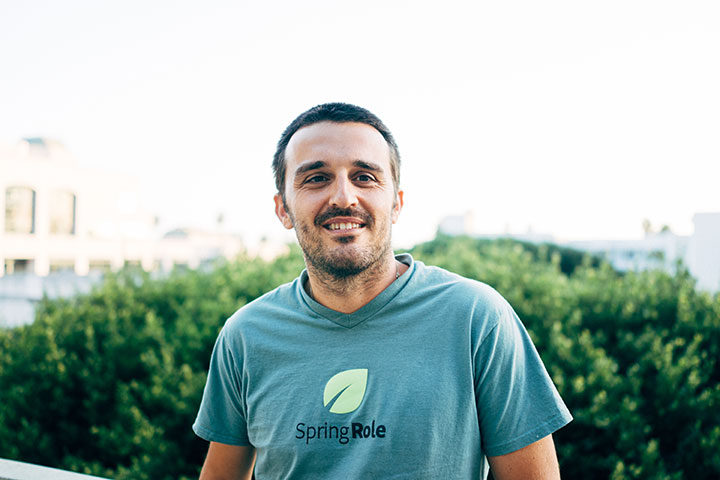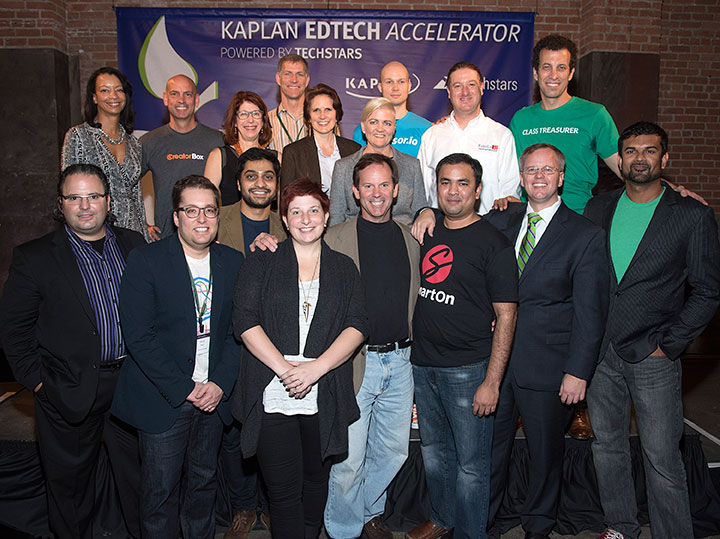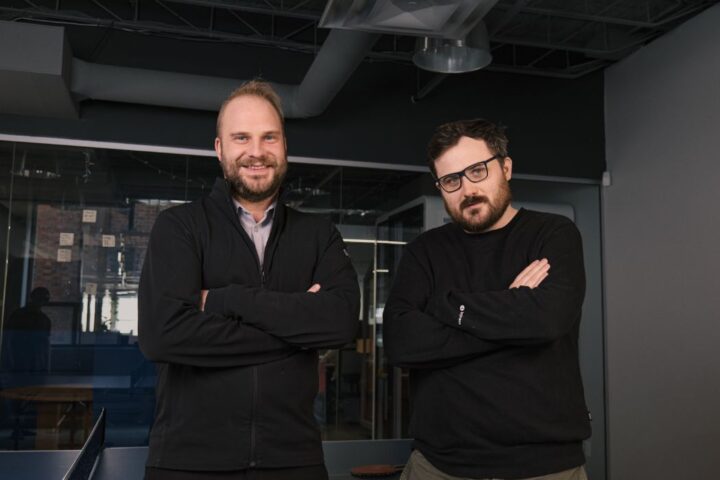Science Inc. is a hybrid in the LA startup scene. Not an incubator, not an accelerator, but a combination of both. The group’s portfolio includes FameBit, Playhaven, SpringRole, Medium, Urban Remedy, Hello Society, Dollar Shave Club and DogVacay. You might not recognize all of those companies, but they all have something in common. They leverage multi-sided markets, with a user side that is often free, and a second side, for institutions and vendors, that costs. An example of a well-known multi-sided marketplace is Google, which is free for search, while marketers and advertisers pay for access to attention, search habits, and user data.
 I recently spoke by phone with Benoit Vatere, the entrepreneur in residence at Science Inc. He runs SpringRole, a hiring marketplace, which is being developed by Science Inc. I asked him about Science’s secret sauce for picking winners. He responded with thoughts about the founders’ passion for their startup and their focus on disrupting established markets. ‘Disruption,’ I think, has worn out its welcome as a useful word to describe what a startup does, so I asked Benoit to go deeper. That got us into a conversation about acquiring users at scale, something his own startup, SpringRole, has become good at. Successful user acquisition is a pain point for many startups, and a point of failure. Science has a potential solution for that fail.
I recently spoke by phone with Benoit Vatere, the entrepreneur in residence at Science Inc. He runs SpringRole, a hiring marketplace, which is being developed by Science Inc. I asked him about Science’s secret sauce for picking winners. He responded with thoughts about the founders’ passion for their startup and their focus on disrupting established markets. ‘Disruption,’ I think, has worn out its welcome as a useful word to describe what a startup does, so I asked Benoit to go deeper. That got us into a conversation about acquiring users at scale, something his own startup, SpringRole, has become good at. Successful user acquisition is a pain point for many startups, and a point of failure. Science has a potential solution for that fail.
By developing marketplace-driven companies, Science gets two user streams flowing at once. DogVacay, for example, attracts dog owners who want to board their pet in a location more personable than a kennel, (user stream #1) and people who love dogs and are willing to let them stay over (user stream #2). SpringRole, the hiring marketplace, needs job seekers (stream #1) and those who hire (stream #2). FameBit, a platform for brands to hire YouTube influencers, markets to those influencers, and also to the brands who might hire them. The two-sided market formula is also leveraged by more startups in the Science portfolio, Refame for Vine and Instagram, and Hello Society, on Pinterest.
The lesson for startup founders? Make your startup appeal to dual markets and acquire users faster.
Benoit has discovered a startup scene here in Santa Monica that is distinctive from what he has seen in Silicon Valley. ‘From my point of view it’s a very open field. Meaning that there are so many opportunities …. In San Francisco … you always have to be the new Google, you always have to do something that nobody heard about before. It’s really about, I’m the best, rather than, I’m solving something. Here in LA I think there are less people, less entrepreneurs, less startup types of people, and I think that makes it for us entrepreneurs a lot more open, and … I would say easier, than it is up in the Bay Area.’
Benoit credits the startup scene’s success here to the schools — particularly the engineering and entrepreneurship programs offered by USC and UCLA — and also money. There’s a lot of venture capital in and around LA. As Benoit put it:
‘It’s the chicken and the egg thing, right? If there are a lot of entrepreneurs there’s a lot of money, or if there is a lot of money there are going to be a lot of entrepreneurs.’
A culture of building on success has also helped make Los Angeles a popular startup launchpad. You know, you get a few SnapChats, a Fullscreen or two and pretty soon people start believing in you. A close-knit community helps as well. Many startups try the remote team thing, using Skype and Google Hangouts for meetings, but as Benoit pointed out in our conversation: ‘It makes such a big difference to have true interaction, right? As in everybody next to each other sharing successes, because when you have something that works, you talk about it right away, and you walk around and you tell people that’s what happened. Then you start discussing it.’
For anybody thinking of moving their startup to Los Angeles, it’s the networking and community available here that can accelerate their success. Benoit’s advice to the newbie considering that move: ‘It’s a small world. It’s a small community. As soon as you start getting into the communities then you’re going to start meeting a lot of people, and a lot of opportunities are going to come up.’
Consider also marketing to two user streams. Multi-sided marketplaces have worked for many startups in the Science Inc. portfolio.









